There are only 239 FEI Para-Dressage riders versus 826 FEI Dressage riders[i]. That’s almost four times as many able-bodied FEI riders as FEI Para-Riders.
Today people with disabilities (PWD) have the highest unemployment and poverty rates, with PWD five times more likely to live in consistent poverty than the general population[ii]. Furthermore, women with disabilities are more likely to be unemployed than men with disabilities[iii].
Last April, I was fortunate to attend my first FEI Top Level International Para-Dressage competition with Heather Lemon in Addington, the UK. Where I met two young and talented up-and-coming Para-equestrians, Elan and Isabella, competing in their first-ever international event. As a Top-Level FEI event, it was apparent Elan and Isabella aren’t your fair-weathered Sunday riders and were dedicated to their sport.
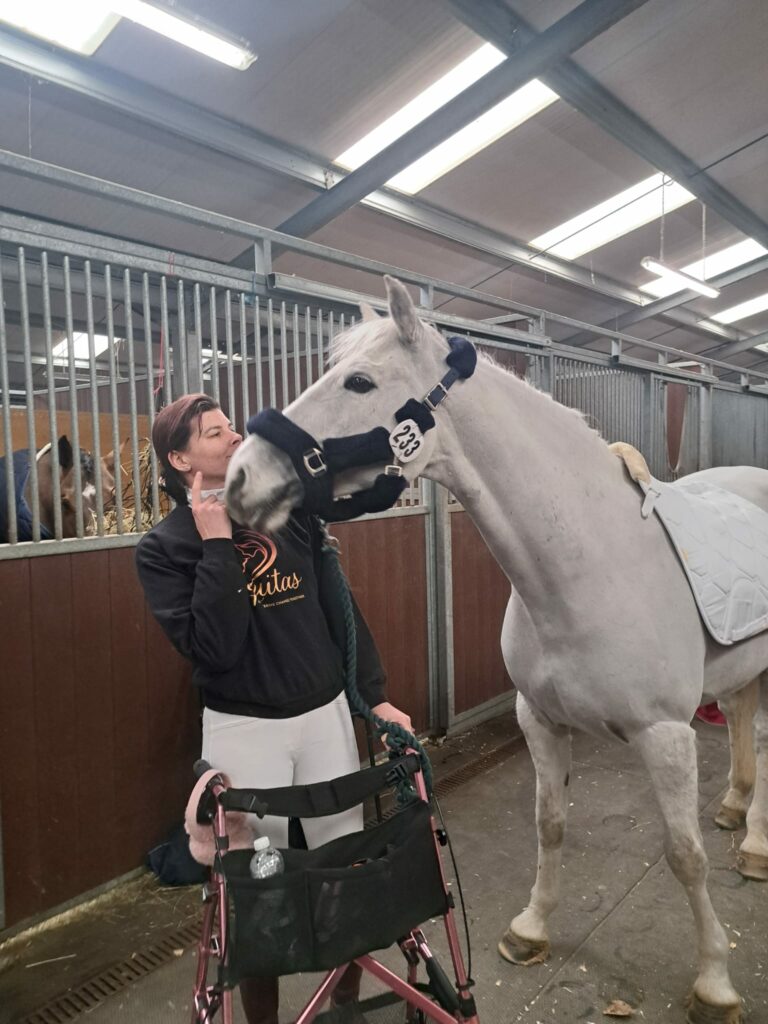
So why am I writing about this in an equine magazine? Me being me, I ask the logical question if one plus one equals two; indeed, logic would also dictate if these two girls are this talented. To the same point that as abled-bodied riders could turn it into a profession, surely these two girls and many others like them can do the same and escape a life of unemployment & poverty!
So, what prevents these two and others like them from doing this? What needs to change? How do we get more into the sport to a point where some can turn professional? In Addington, I presented this question to Para-Equestrians, Coaches, and Grooms alike; these are their thoughts. Isabella mentioned that we need to make the events more accessible by providing a “Welcome Pack” to para events so competitors better understand what is happening. At the same time, Elan said that we need to promote the sport more on social media to create awareness and show young PWD that Equestrians with Disabilities can compete at a high level. According to Elan’s coach Sara we also need to make the sport more accessible by having better equipment, such as better mounting blocks.
When I spoke to Irish Para Equestrian Jessica McKenna, she highlighted that we need to make it clear at the grassroots by providing information to PWD on how to reach this level and become professional. Paralympian Michael Murphy said we must give more opportunities for PWD to ride. Para-equestrian Sara Bates of Team GB noted that when we get PWD into the sport, we must challenge and allow them to challenge themselves.
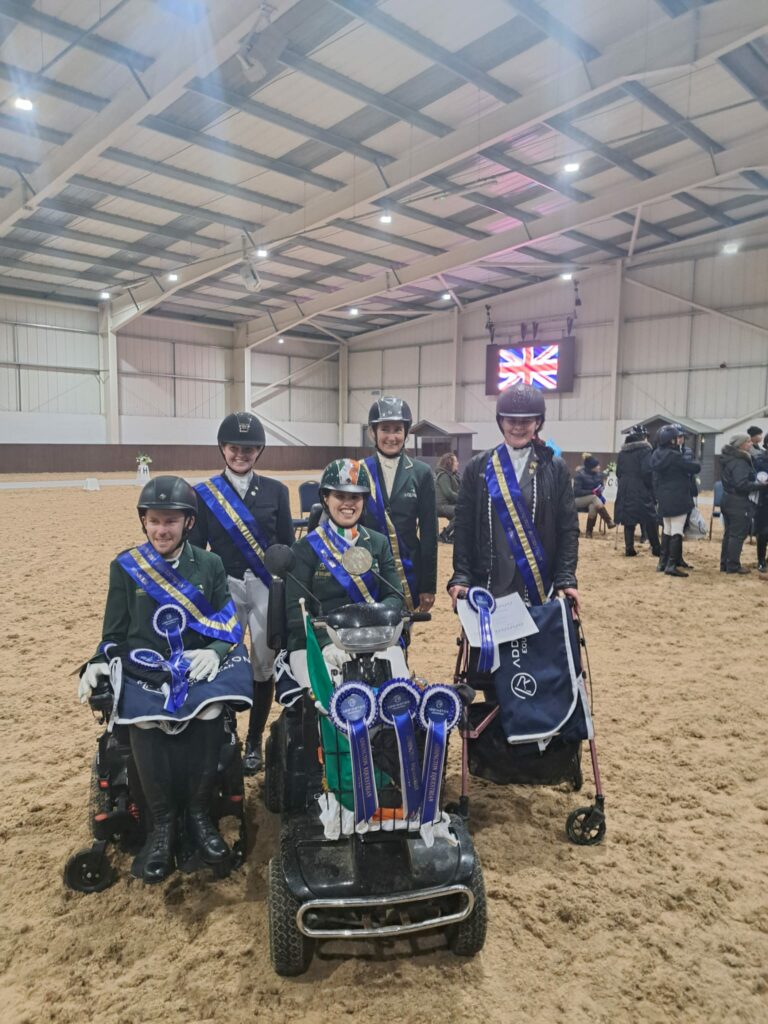
First, we need to ask ourselves why we are doing this. As the author of this piece, I believe that, like many things, attitude dictates direction and speed; what do I mean? Are we running Para events as a token gesture of inclusion, or do we see these Para-Equestrians as elite athletes like their able-bodied counterparts?
Only in the latter case will we have inclusion in the truest sense of the word, where we have events where spectators want to pay to watch equestrians compete. For that to happen, we must take the sport as seriously as the para equestrians. By creating awareness and investing in promoting the sports, or doing simple things such as having lanyards for competitors and press as well as security on the stables like their counterparts have during able-bodied sports. Only if we think like this will we be truly equal and inclusive.
[i] (FEI Individual Rankings, 2023)
[ii] (Disability Federation of Ireland Opening Statement to the Joint Oireachtas Committee on Gender Equality, 2022),
[iii] (European Disability Forum, Disability and Gender Gaps report 2022)
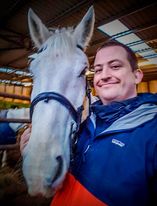

Share
Your subscription is 100% Free for our first year, No credit card details required.
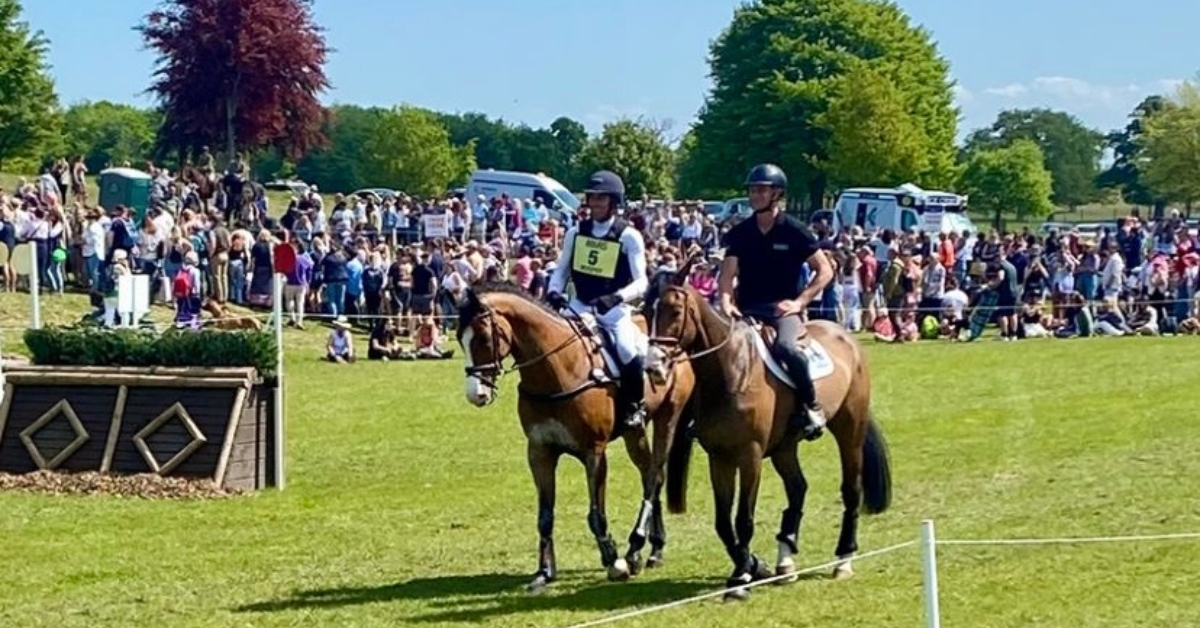
There are few sporting events that live up to the hype. Wimbledon? Too many strawberries. Cheltenham? Too many suits. But
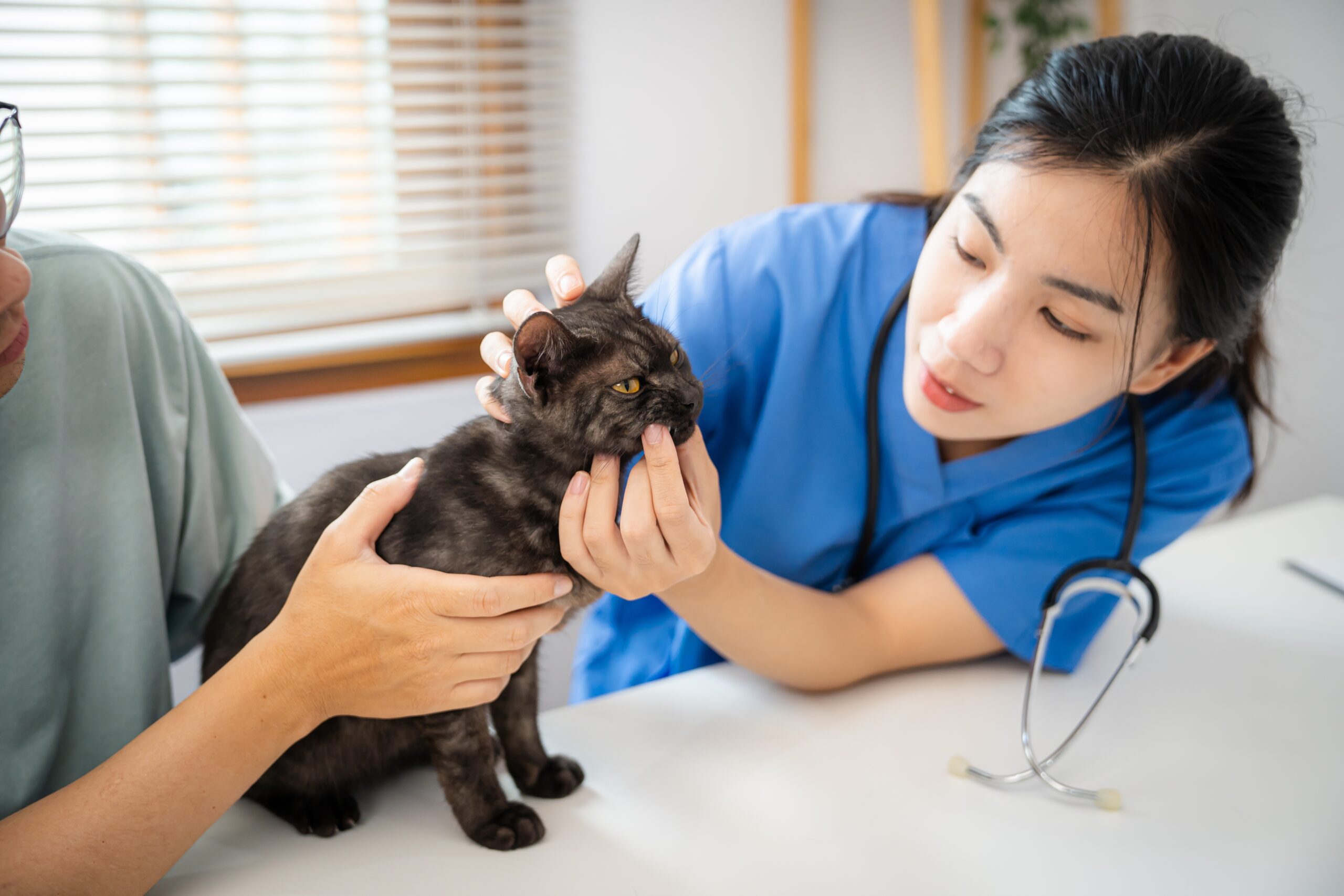
British Veterinary Association publishes full response to Competition and Markets Authority’s proposed remedies for veterinary market for household pets. The
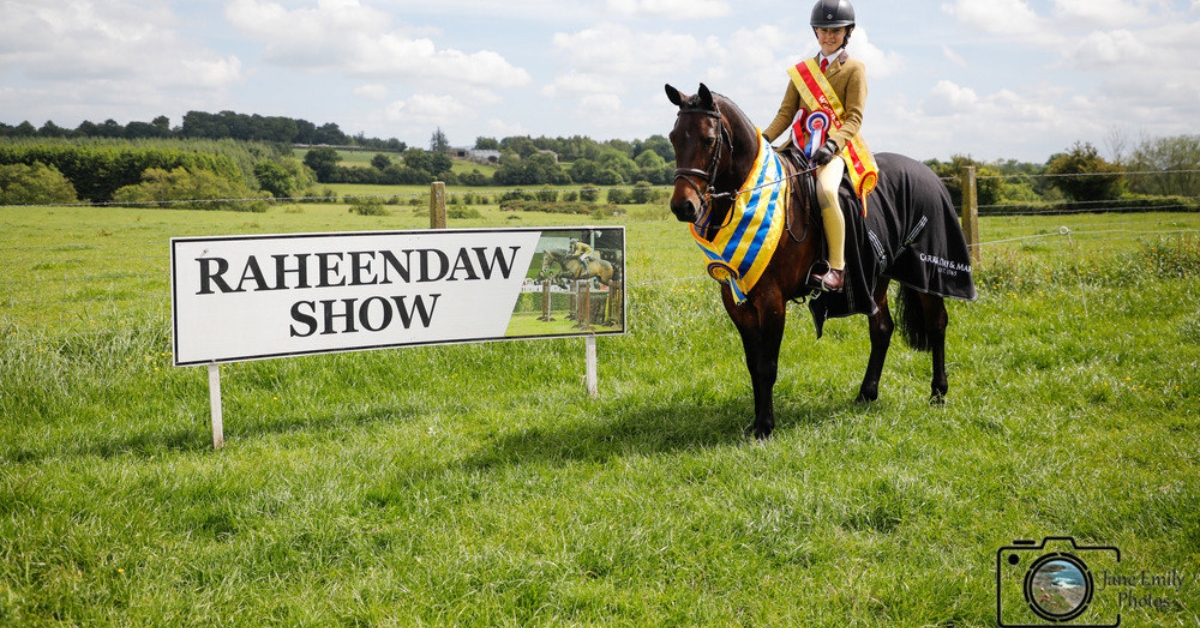
Sunday 1st June – Raheendaw, Rathvilly, Co. Carlow The Raheendaw Horse & Pony Show returns this weekend with a packed